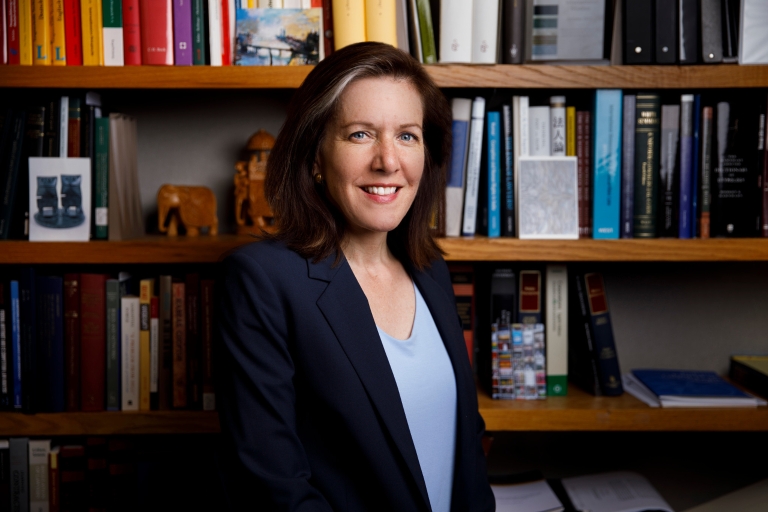Indiana University is joining forces with two Indiana universities and partners throughout the world to find research-based solutions to challenges in developing countries.

Earlier this fall, IU became a partner in the Long-Term Services for Research and Partners for University-Led Solutions Engine consortium, known as LASER PULSE, aimed at finding research-driven, practical solutions to critical development challenges in low- and middle-income countries throughout the world. The partnership includes Purdue University, Notre Dame University, Catholic Relief Services and Makerere University in Uganda.
Supported by a $70 million, five-year U.S. Agency for International Development grant, consortium members will identify new research questions; conduct demand-driven research; and translate research results into development solutions in developing countries. The consortium also aims to build the technical and research capacity of participating universities and researchers in those countries.
“The LASER PULSE award recognizes the important role that Indiana’s universities play in fostering progress in development around the world,” said Hannah Buxbaum, IU vice president for international affairs. “IU’s collaboration with U.S. and foreign partners in addressing development challenges is an important part of our global engagement, and we’re delighted to be part of this consortium.”

Through the IU Office of International Development, a unit under the Office of the Vice President for International Affairs, and in partnership with the Center for Global Health at IUPUI, IU will lead the consortium’s research translation and communication activities. The office has received a core funding of $1.7 million that it will use to mobilize faculty expertise across IU schools, centers, departments and academic units working on evidence-based research and policy work, in coordination with USAID’s missions across the globe.
IU will also host an international conference in Thailand in the fall of 2019 that will bring together universities, government, USAID and other collaborators to identify priority research areas in the Association of Southeast Asian Nations region.
“Through LASER PULSE, IU faculty and students will join a worldwide network that seeks to address development challenges through research, changing the lives of people in low- and middle-income countries around the world,” said Teshome Alemneh, associate vice president for international research and development at IU and the principal investigator of IU’s portion of the grant. “The consortium will help USAID identify research challenges across all its technical sectors and geographical locations, and identify experts worldwide to address them.”
In the first few months of the project, the Office of International Development has facilitated an additional grant for the IU School of Education to work on a project in South Sudan. The project will evaluate the impact of psychosocial support on children’s well-being, literacy and math outcomes within the Essential Emergency Education Project in South Sudan.
“Through the disciplinary work of the consortium, LASER PULSE will help expand and enhance IU’s global engagements through international institution-building initiatives and meaningful work in developing countries,” Alemneh said.

